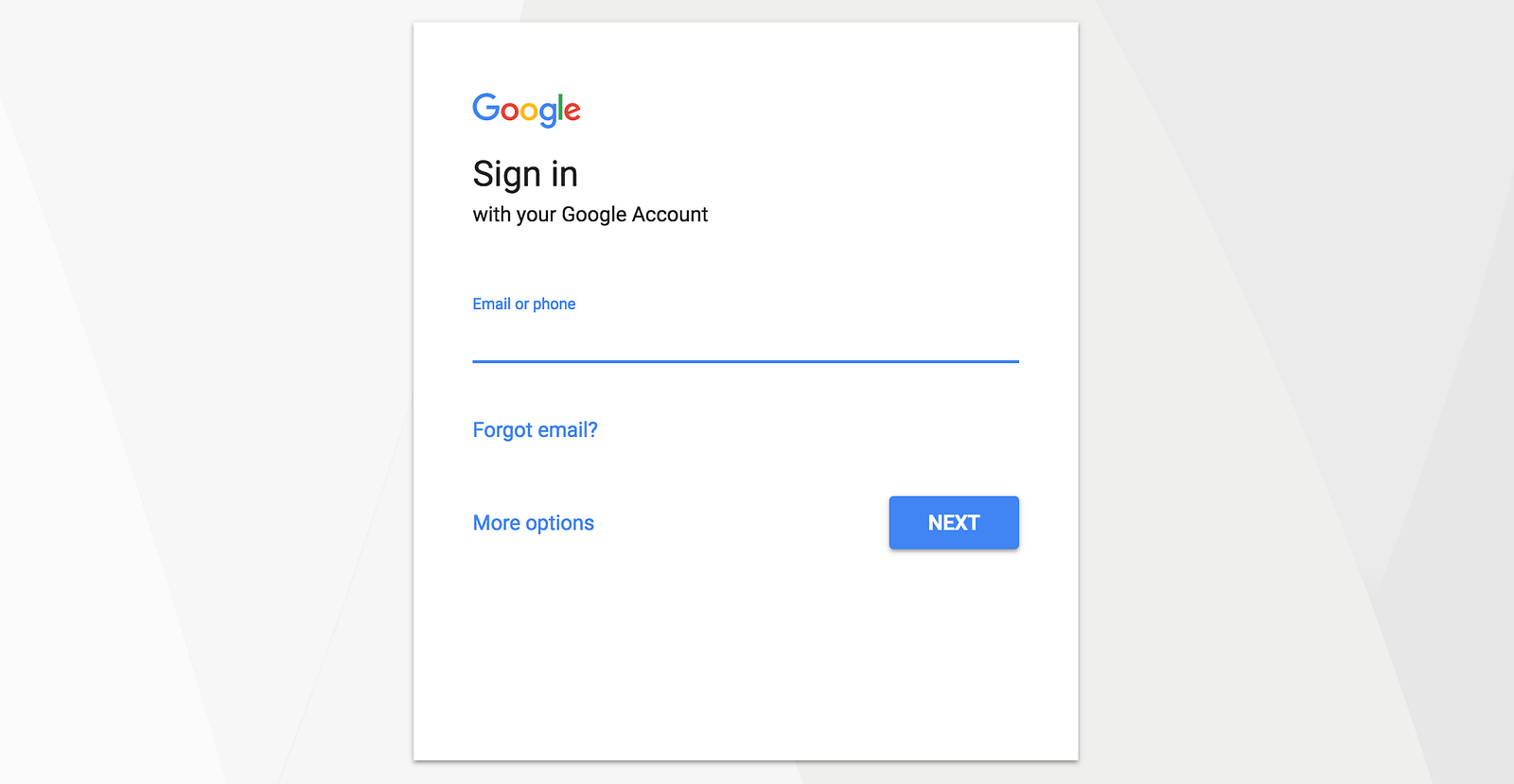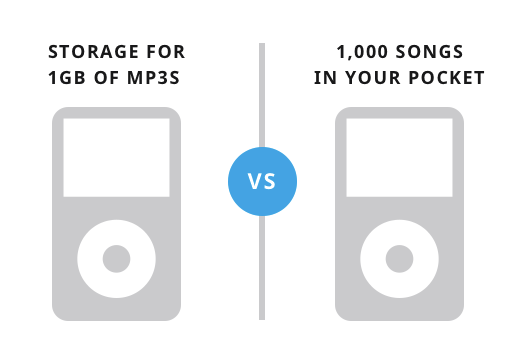
At F+L, we help non-technical Founders build and launch tech businesses. As a Product Manager, I’ve worked directly with many start-ups, and indirectly with many more. Here are the top 6 lessons Founders can benefit from when launching a tech start-up.
Building tech is an expensive way to validate your idea
There are reasons why you should test drive a car before buying it or taste your cake before cooking it. In the examples above, the first saves us from wasting a lot of money and time on the wrong thing, and the second gives us a chance to adjust the mixture to make sure the result is what it should be.
Both examples are no-brainers, yet lots of Founders spend hundreds of thousands over several months building a tech product without really trying to find out if it stands a chance in the real world. With some help, most businesses can be boiled down to a very simple value proposition. From experience, there is always a way to start testing if this is actually valuable by spending less than £100 over one weekend. It might not be a crystal clear answer, but you will definitely learn something.
Perfect design won’t define your start-up
I’m not suggesting that you release a sloppy product or don’t use a quality UX/UI Designer, but you should stop focusing on the design until you get users. Early users don’t care about pixels, they don’t care about font weights and they don’t really care about consistency. All they need to use your product is for it to be easy to find, easy to use and to solve a problem for them.
Unconsidered design can lose a potential user, but very good design will never make your business. OK design is fine for product launches.
Focus on the basics: clear screens with simple call to actions, UX that helps the user complete a task, the right amount of text, familiarity and intuitive flows (following a framework like Material Design is a great start). Regardless, your brand, logo, domain and name will probably change several times if you get to be as successful as you want, so don’t waste too much time on them at the first attempt.

The hard work starts after you launch
‘Build it and they will come’ might be true for certain things, but it does not apply to early-stage tech start-ups (there are some exceptions to this but if you believe your product will also be one then you are likely to be disappointed). A product doesn’t make a business, users don’t even make a business, you need many loyal users or users who will pay for your product.
Coming up with a solution to a problem can be hard, but it is a lot easier than convincing other people that your solution is the right one. Make sure you save some energy during your MVP build so that you can take what you’ve created and put it in front of the people who need it. I’ve seen many Founders get so involved in building the product that they just relax when it is launched. This is equivalent to devotedly training for a marathon then turning up to the start line with a bottle of champagne and a Twitter status littered with emojis. Remember that building a product is preparation for the race, you don’t automatically win by releasing your product.
A good product won’t market itself
I see lots of Founders working full time to create the perfect product without spending any time working on how they are going to communicate the value of their product.
If your strategy for growth is virality or word of mouth then, a) that is risky and b) you need to start somewhere.
A better strategy is to start by setting some clear communication around how your product helps its users. Don’t focus on what it does, focus on why that is valuable. Put your tagline, video, diagram (or whatever communicates the value best) on a landing page before you start building, hustle or pay for some traffic from your target market and see how many sign-ups you get. Similarly, while you are building you should be changing your messaging and fighting for traffic to test it on. By the time you launch, you should be able to explain the value of your product to anyone in your target market in around 10 seconds and not need another go at doing it after.
If your product does lend itself to being shared then you will still need a pocket of loyal early users who are willing to pass on the value of your product for you. Work hard to find these users and give them the tools and motivation they need to be your missionaries.

Paying for your first users is ok
I‘ve noticed that Founders think (or are taught) that if you can’t acquire your first users based upon your value proposition alone then you don’t have a viable business. This can set up a lot of new businesses to fail.
If your value proposition is already well known, then simply positioning yourself in the market alongside the competition will give users the opportunity to find you. However, if you are launching a new or different product then people will be less comfortable to be the first to try. Consider paying to help users take the plunge, this needn’t be expensive as the following are all useful tactics: PPC marketing, discounts & vouchers, cash referral rewards.
You need users in order to learn and refine your product and business. An early sample size to learn from is worth spending money on as it will give you the opportunity to organically test your refined value proposition later. Not many companies have the luxury of large VC or Angel investment and can’t go on paying for users indefinitely, but doing so for a few in the beginning could be the key to building early momentum for your business.
Grow your business, not your product
As I have mentioned, I don’t think design will kill a business and launching a product isn’t the finish line, but users are the be-all and end-all. Founders need to ruthlessly prioritise where they spend their time and I don’t think the product should be high on the list.
Setting a product vision is important but that doesn’t get the right product built. To achieve that you need engineering, design and someone to represent the user. There are a lot of hidden overheads that come with building a product and Founders should be shielded from this so they are free to market and sell to users. A good Product Manager smooths out the product development process, it’s a Product Manager’s job to absorb the overheads so that the team can do what they are good at. This includes the Founder, if the product is looked after properly then setting a vision is enough for the Founder to worry about.
Takeaway
As a Founder, focus on what will impact your business most. This is probably gaining loyal users and offering them value. If you have a team around you, then lean on them as much as you can. Set the vision for them and let them work towards it while you grow your business.
Building a product is hard, marketing a product is hard, selling a product is hard, hiring is hard, running a business is hard. Don’t try to do it all.



